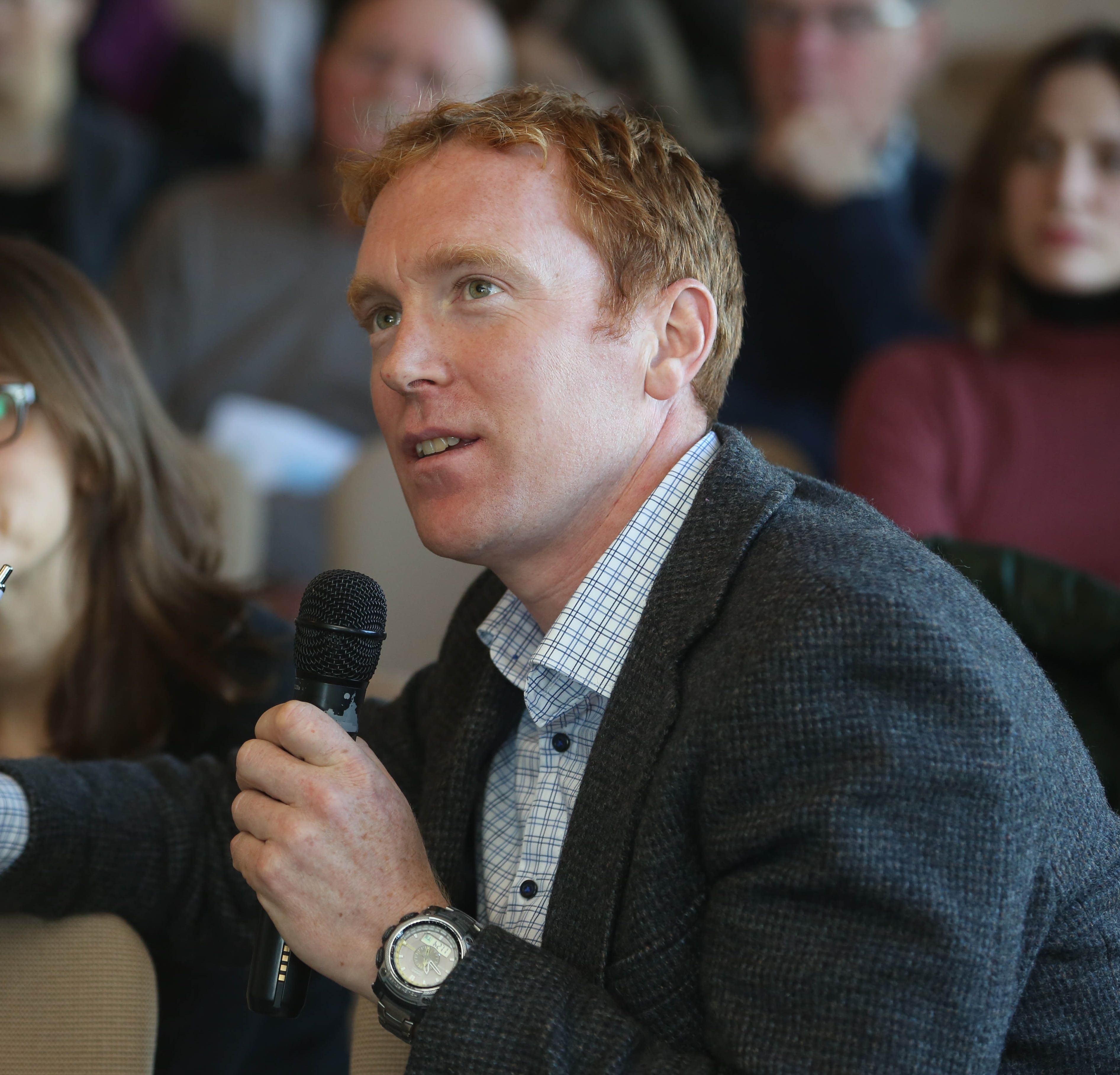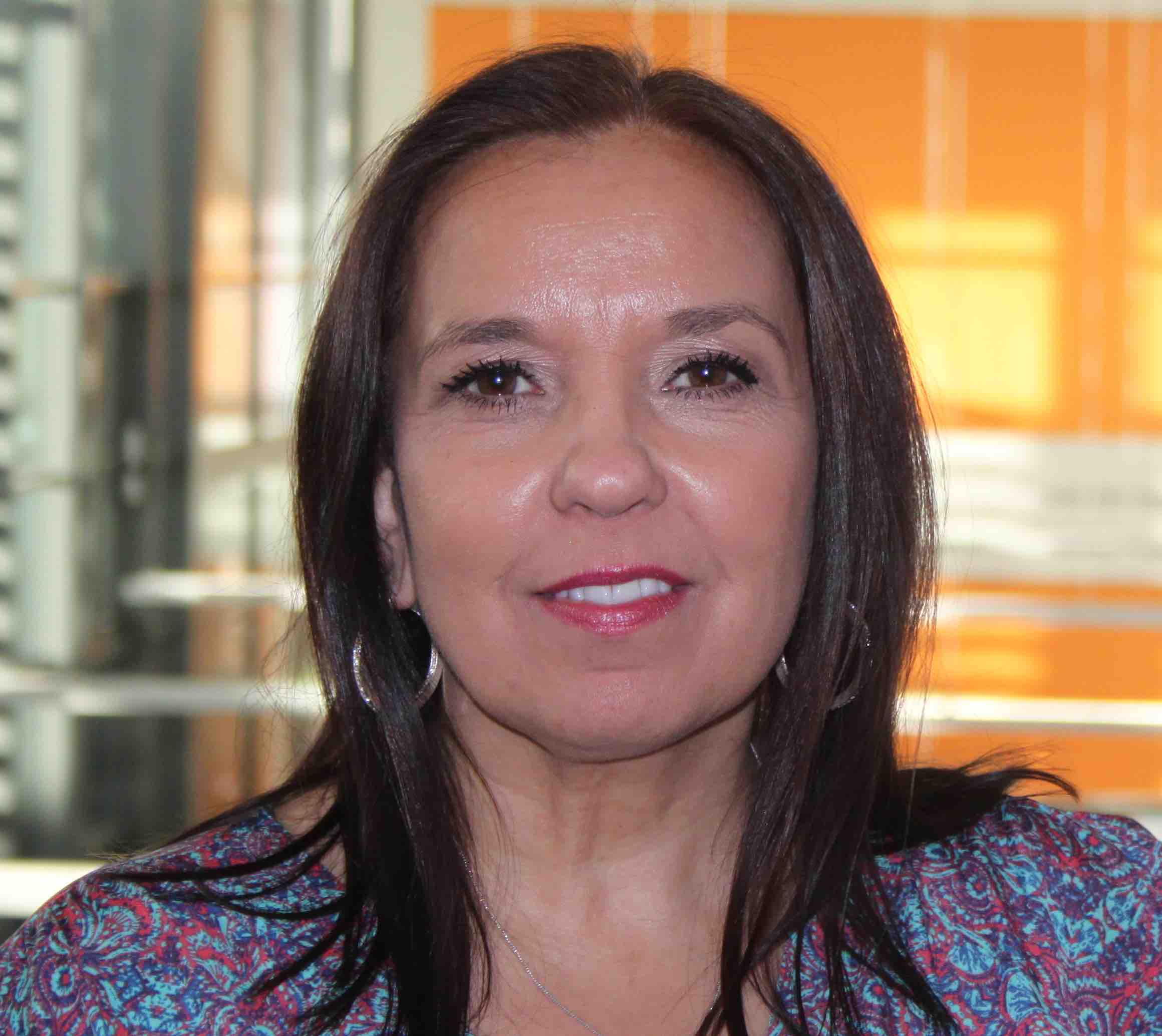-
Courses

Courses
Choosing a course is one of the most important decisions you'll ever make! View our courses and see what our students and lecturers have to say about the courses you are interested in at the links below.
-
University Life

University Life
Each year more than 4,000 choose University of Galway as their University of choice. Find out what life at University of Galway is all about here.
-
About University of Galway

About University of Galway
Since 1845, University of Galway has been sharing the highest quality teaching and research with Ireland and the world. Find out what makes our University so special – from our distinguished history to the latest news and campus developments.
-
Colleges & Schools

Colleges & Schools
University of Galway has earned international recognition as a research-led university with a commitment to top quality teaching across a range of key areas of expertise.
-
Research & Innovation

Research & Innovation
University of Galway’s vibrant research community take on some of the most pressing challenges of our times.
-
Business & Industry

Guiding Breakthrough Research at University of Galway
We explore and facilitate commercial opportunities for the research community at University of Galway, as well as facilitating industry partnership.
-
Alumni & Friends

Alumni & Friends
There are 128,000 University of Galway alumni worldwide. Stay connected to your alumni community! Join our social networks and update your details online.
-
Community Engagement

Community Engagement
At University of Galway, we believe that the best learning takes place when you apply what you learn in a real world context. That's why many of our courses include work placements or community projects.
Public Policy (MA, PDip)
Course Overview
Watch course video presentation here.
The MA in Public Policy prepares its graduates to work in government, public bodies, civil society organisations, NGOs, international organisations, businesses and other fields and organisations that require an expert understanding of policymaking. In addition to core policy and research training modules, it offers a field trip to Brussels to examine EU policymaking and specialised modules in specific policy areas including: Policy in the Digital Age; Advocacy and Development; Gender; Peace and Conflict; Disability; Ageing; Child and Family; Ocean and Marine; Urban Policy; Social Welfare; and Negotiation; as well as an optional module in data analytics for public policy. At a time when policy formulation and implementation is increasingly subject to political scrutiny and negotiation, the course emphasises the political contexts in which policy is made and implemented and the development of digital government and new forms of public consultation and participation.
The programme is aimed at Arts and Social Science graduates seeking a qualification that will help them to secure policy-related employment; graduates from other fields including Commerce and Law seeking to improve their employment prospects; graduates interested in pursuing PhD research, particularly in areas where University of Galway has specialist policy expertise.
The objectives of the programme are to:
- Equip students with theoretical knowledge of policy-making processes and key issues such as participation, implementation, and evaluation.
- Enhance students' skills in communication, innovative thinking, negotiation, presentation, teamwork, and writing skills
- Offer direct experience of contributing to policy-making processes, analysing current policies, and suggesting solutions to policy problems while working in teams and as individuals.
- Introduce students to expert knowledge on a range of key national and international policy issues.
-
Introduce students to the concept of participation in policy-making, with particular emphasis on the use of public consultations.
As an international student you might be able to apply for a scholarship and here is a link to those available at University of Galway. NOTE: this MA is now eligible for the Irish-Palestine Fellowship Aid Scholarship, information on that scheme is here.
Applications and Selections
Applications are made online via the University of Galway Postgraduate Applications System.
Who Teaches this Course
- Dr Michele Crepaz, Political Science and Sociology
- Professor Alan Ahearne, Director of the Whitaker Institute
- Professor Alma McCarthy, Management
- Dr Kevin O'Sullivan

School of Soc. & Pol.
Room 333 Aras Moyola
University of Galway
University Rd
View Profile

View Profile

Cairnes Building
National University of Ireland Galway
View Profile

E: maureen.osullivan@nuigalway.ie
View Profile

503, Tower 2
School of Law
University of Galway
View Profile
Requirements and Assessment
Requirements
- Personal statement: all applicants must enclose a typed personal statement of approximately 600 words explaining why you wish to undertake the programme(s) of your choice, outlining how it fits into your career objectives, and discussing your research interests.
- Referees: you are required to supply two references. One must be an academic reference (in the case of applicants currently undertaking studies) OR an employer (in the case of applicants currently in employment).
In addition, non-University of Galway students are required to provide the following
- Official qualifications and exam results (transcripts) to date: required for all non-University of Galway applicants and for University of Galway graduates who did not receive their undergraduate degrees from University of Galway. Copies of originals must be certified as true copies. Applicants who have still to graduate must send in these on receipt.
- Passport or Birth certificate: non University of Galway-applicants only—a copy of your passport or birth certificate must also be submitted.
- English language competency: if necessary, evidence of English language competency.
Further details can be found here.
Assessment
Assessment methods include: essays, exams, continuous assessments, policy briefs, policy papers, and the research dissertation.
If the selection committee deems it necessary, applicants can be called for an interview to better assess their application.
Key Facts
Entry Requirements
A primary degree or its equivalent, with Second Class Honours Grade 2 overall. Applicants should also have achieved an upper Second Class Honours degree (2.1) or equivalent, GPAs of at least 3.0 of 4.0 or equivalent for international students, in a relevant subject such as Sociology, Politics, Public or Social Policy, Geography, History, a language, Economics, Business, Law. An interview may, in addition, form part of the application process.
Additional Requirements
Recognition of Prior Learning (RPL)
Duration
1 year, full-time; 2 years, part-time
Next start date
September 2024
A Level Grades ()
Average intake
25
QQI/FET FETAC Entry Routes
Closing Date
Please view the offer rounds website. NOTE: you are advised to apply by 1 July 2024.
NFQ level
Mode of study
ECTS weighting
90
Award
CAO
Course code
MA-PUBP (MA); PGD-PUBP (PDip)
Course Outline
Overall structure of the programme
- 40 ECTS core modules
- 20 ECTS Research Paper
- 30 ECTS optional modules
Core modules (35 ECTS)
These modules provide students with the theoretical and empirical tools that are necessary for the analysis of public policy and the completion of the research dissertation.
- Public Policy and Politics (10 ECTS) reviews the major approaches to the study of public policy, and introduces students to key concepts including the policy cycle, policy stakeholders, public participation, and digital government (Semester 1).
- Policy Challenges: National, European and Global (10 ECTS) introduces students to contemporary policy challenges at national, European and global levels and to mechanisms for public consultation. It examines how issues make it on to the agenda of decision-makers and prepares students to contribute to policy-making processes through the writing of policy proposals and policy briefs. The module is taught by experts from a range of disciplines across the university including Law, Economics, Political Science, Sociology and Management. There is a particular emphasis on the use of public consultations (Semester 1).
- Research Methods and Methodology (10 ECTS) This module aims to give students a solid grounding in research methods. The topics covered include definitions of research, argument and logic, sources of information, tools for information searches, theory and practice of basic qualitative and quantitative research methods (Semester 1).
- Research Workshops (10 ECTS) This module provides workshops relevant to the development of students’ dissertations. The workshops are led by academic staff with diverse and varied research experience. Typical workshop topics include academic writing, critical thinking, literature review, methods selection, working with primary sources, and the development of a research proposal, along with workshops focused on specific fields of research. (Semesters 1 and 2).
SP6145 Research Paper (20 ECTS)
The Research Paper on an original research topic is completed over the summer months.
Optional modules (30 ECTS)
The optional modules enable students to specialise in areas of interest, build on foundational knowledge, and develop focused expertise, and choose a research area for the final research paper. Students can concentrate on a specific policy area by choosing closely-related modules in areas such as Development; Peace and Security; Gender; Ageing; Marine; NGOs and Advocacy.
The field experience module offers students a field trip to Brussels to meet and network with practitioners and visit institutional venues (N.B. availability of this module is subject to public health advice).
LIST OF OPTIONAL MODULES
5 ECTS modules, Semesters 1& 2
- SP574 Families and Children in Society and Policy
5 ECTS modules, Semester 2
- SP6128 Field-based Learning (Brussels Field Trip)
- MK5116 Negotiations
- DEV6102 Data Analytics for Social Sciences 1
- GG6103 Development and Human Rights
- GG6110 Applied Gender Analyses
- GG106 Women, Conflict and Human Security
- ENLIGHT Summer School: Equity and Sustainability Transitions
10 ECTS modules, Semester 2
- SP6143 Urban Public Policy: Smart & Liveable Cities
- SP6149 Conflict, Peace & Security
- SP6120 Irish Politics North and South
- SP6122 Social and Political Context of Activism and Advocacy
- GG6109 Gender, Sexuality and Global Health
- HI6100 NGOs in the 20th Century and the Making of the 20th Century World
- LW575 Crime and Disorder
- EC5116 Global Issues in Agricultural, Marine and Renewable Energy Economics
- EC5115 Environmental Economic Modelling
- EC5131 International Policy and Ageing across the Life Course
- DJ6137 Strategic Communication
- DJ6144 Communicating Climate Action and Science
- LW5208 European Consumer Law and Policy
- LW550 Advocacy and Access to Justice
- SP6127 Professional Experience (Placement)
N.B. Some optional modules require students to have taken certain prerequisite courses. The list of available modules may vary from year to year. Availability of optional modules in some disciplines will be subject to minimum head counts as determined by the disciplines involved.
Assessment methods include: essays, exams, continuous assessments, policy briefs, policy papers, and the research paper.
Why Choose This Course?
Career Opportunities
This programme will be particularly useful for students wishing to work in European and international organisations (e.g., EU, Council of Europe, UN agencies) national or local government, public bodies, civil society organisations, NGOs, businesses (e.g., Google, Facebook, LinkedIn), public affairs, consultancy, public relations, journalism, and other fields and organisations that require an expert understanding of policy-making.
Who’s Suited to This Course
Learning Outcomes
Transferable Skills Employers Value
Work Placement
Study Abroad
Related Student Organisations
Course Fees
Fees: EU
Fees: Tuition
Fees: Student levy
Fees: Non EU
Post Graduate Diploma: EU €5,640 (including levy) ; Non EU: €14,390 (including levy) 2024/25
Student levy €140 - payable by all students and is not covered by SUSI. Further detail here.
What Our Graduates Say

Odhran Whelehan | Graduate
I would absolutely recommend studying the MA in Public Policy at NUI Galway. The course prepares you to work in a variety of fields ranging from government to NGOs and civil society organisations. The core modules help to build your understanding of the policy-making process while also affording you the chance to make real-world proposals to both national and European bodies. The variety of modules available allows students to specialise in their own unique area of interest. I was able to build on my undergraduate studies relating to Irish domestic politics while also discovering a new-found interest in urban planning and city design. The networking trip to Brussels also grants students the opportunity to gain a first-hand insight into the vibrant political system that is the EU. The trip appeals to the group’s variety of interests by engaging with sitting MEPs, lobbying groups, NGO’s and unions. The range of meetings and engagements also allows you to expand your professional network, giving you a distinct advantage over many graduates. Finally, the overall learning experience of the course is greatly enhanced by the level of 1:1 support offered by the lecturers and coordinators.in Connect with Odhran

Katie Harrington | Graduate
The MA in Public Policy gives an excellent grounding in how policy is created and the challenges and opportunities that it brings. The lecturers are deeply experienced in their fields and offer practical and theoretical insights into policy formation. I particularly enjoyed the fieldwork modules I undertook, including a trip to the European Parliament in Brussels and a work placement in Leinster House. Both offered excellent opportunities to network and make links that may be useful for future career moves. As a mature student, I found the faculty incredibly supportive, responsive, and open to ideas.



















